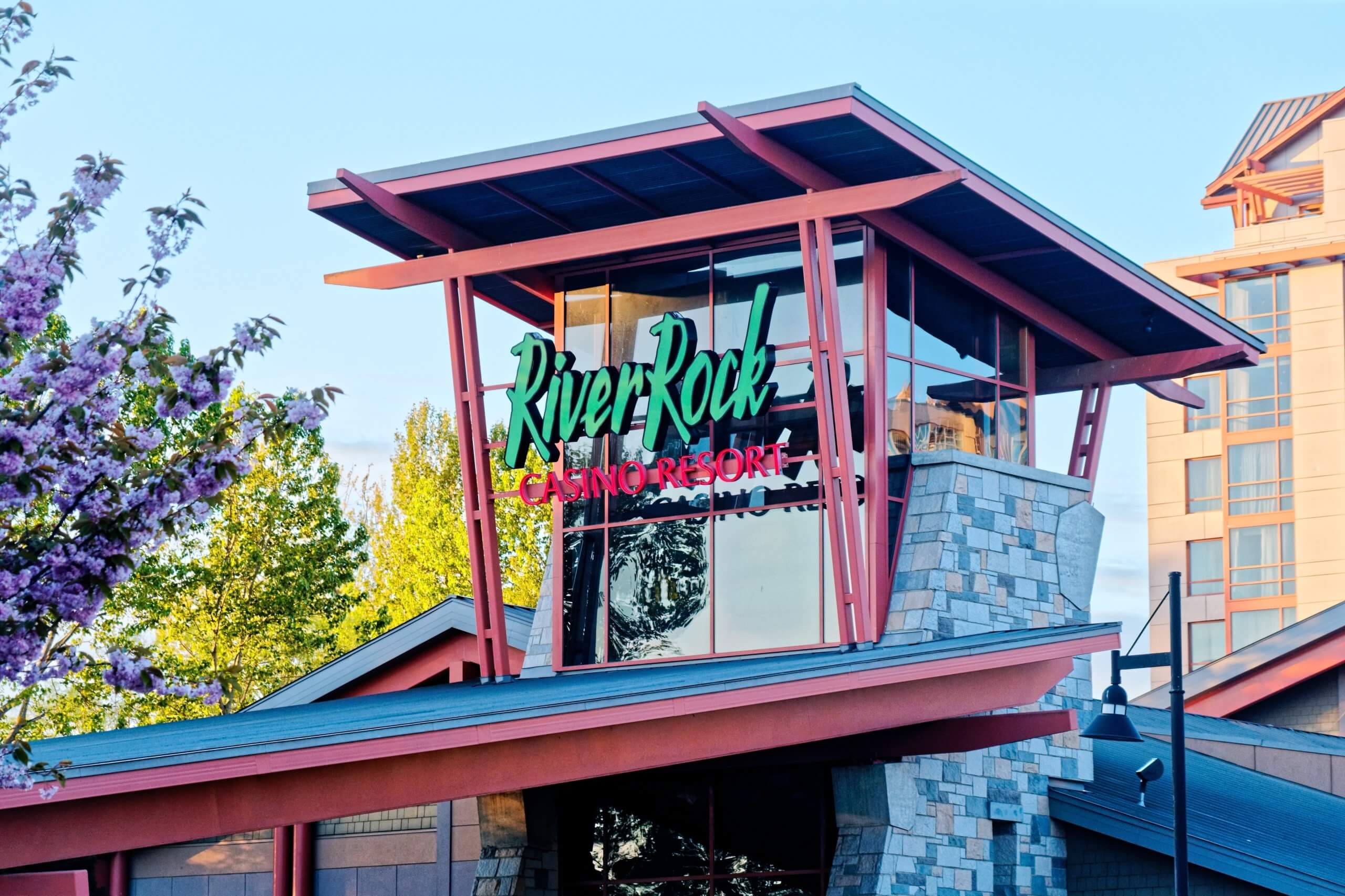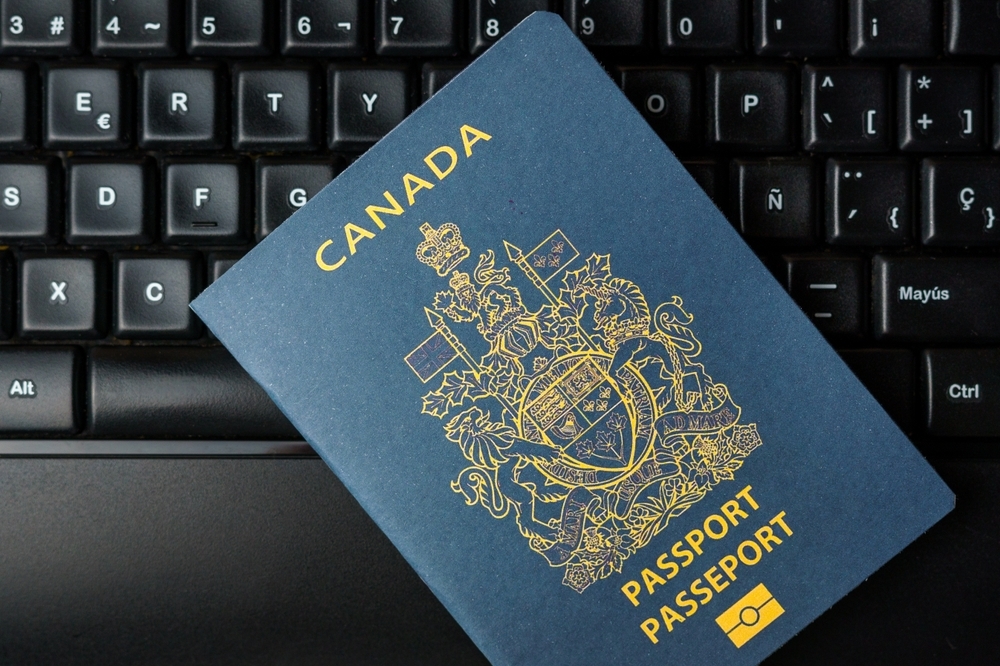Analyzing the Financial Influence of Casinos in Canada

This piece takes a thorough look at how gambling economically affects Canada, providing a clear and detailed examination. The analysis includes both the positive and negative aspects of how online casinos and sports betting have influenced the nation. To accurately capture the scenario, we focused on revenue streams, taxes, and additional charges imposed on gambling entities.
A Historical Perspective on Canadian Casinos
The history of gambling in Canada traces back to before European colonization when Indigenous groups played various gambling games involving simple items like sticks and stones. In 1541, the British introduced The Unlawful Games Act, banning games of chance, though it wasn't rigorously enforced as Indigenous games and popular games like Craps and Backgammon continued. Gambling's economic significance first emerged in 1566 with the launch of a public lottery aimed at funding harbor repairs and the British navy.
The evolution towards today's multi-billion dollar gambling industry began notably in the 20th century. Horse racing got legalized in 1910, with a significant shift happening in the 1980s, granting provinces the autonomy to set their own gambling regulations and tax systems.
The Primary Tax Obligations for Canadian Casinos
A significant benefit of Canadian gambling is the tax income it generates. Estimates for 2022 placed casino contributions to the Canadian economy at around C$12.5 billion. Each province appoints its own regulatory body, which governs gambling operations and establishes tax frameworks.

Here’s a brief summary of key casino taxes in Canada:
In Ontario, the iGO stands as a recognized revenue generator, mandating it to remit 20% of all its licensed online gambling income.
| Tax | Description |
|---|---|
Tax on gross gaming revenue (GGR) |
Gambling entities must cover fees based on the province where they operate, such as Ontario's iGO. |
Licensing and operational fees |
Canadian law does not typically tax personal gambling winnings. Nonetheless, if a player's gambling activities are deemed as professional occupation or business-related, corporate taxes could apply. |
Corporate income tax |
Goods and Services Tax (GST) or Harmonized Sales Tax (HST) |
While this sales tax is standard on Canadian goods and services, online gambling operates under a slightly modified framework. For example, in Ontario, the iGO handles the associated taxes. |
Land-based casinos and betting outlets must pay commercial property taxes, akin to other businesses across Canada. |
Property taxes |
Infrastructure and Community Investments |
Beyond obvious contributions like taxation and revenue, the presence of land-based casinos extends further. The broader community benefits from casinos through job creation, local economic stimulation, and improved transportation infrastructure.
The River Rock Casino in British Columbia exemplifies how gambling can positively impact local societies. Let’s dive into details about this particular casino:
Highlight: River Rock Casino in British Columbia
Opened in 2004 in Richmond, BC, this casino quickly generated over 1,300 jobs and motivated local investments in public transit upgrades. The increase in tourism resulting from this casino has also uplifted various sectors, notably hospitality and retail businesses.

The River Rock Casino Besides the financial ripple effects, the River Rock Casino's influence includes robust involvement in local organizations, such as the Richmond Foodbank and Center for Disability, with contributions that go beyond monetary donations to include active volunteering and sponsorship initiatives.
Growth Through Employment Opportunities
The creation of casino-related jobs in a locale offers several cascading advantages. Below are 10 reasons why employment growth can be economically beneficial for gambling-afflicted areas:

Job Creation – Fundamentally, the emergence of new jobs is a primary and direct result.
- Rising Employment Rates – An influx of jobs subsequently boosts the local employment rate. This advances the community’s appeal and promotes the region as an attractive living option.
- More Disposable Income – With higher employment, more locals have extra income, fueling economic growth.
- Boosted Consumer Spending – Increased disposable money leads to higher spending, benefiting retail business expansions.
- Elevated Business Revenue – When people have more resources to spend, local service and hospitality industries naturally see revenue increases.
- Reinvestment & Expansion – Increased earnings allow both casinos and local businesses to reinvest and grow.
- Additional Job Creation – Business growth and reinvestment spawn even more local employment.
- Expansion of Tax Revenue – Thriving local businesses and economies yield greater tax income.
- Government Capital Reinvestment – Tax revenues can be reallocated by government authorities to enhance infrastructure, healthcare, public services, and housing.
- A Stable Economy – In essence, a thriving gambling sector contributes to a stable economy, potentially drawing both new residents and tourists.
- The Unique Contribution of First Nations Casinos
Aside from provincially regulated venues, 18 Canadian land-based casinos are controlled by First Nations tribes. These entities follow distinct tax guidelines and primarily benefit Indigenous communities, many of which endured extensive challenges post-colonization.

First Nations Casinos mirror the values and priorities of their communities, engaging closely with them. This synergy arguably produces a more profound positive impact than general Canadian gambling contributions. Beyond supporting housing and public utilities, many casinos aid in cultural enrichment via museums and historical events.
As they are built on indigenous land, SIGA Casinos in Saskatchewan: A Stellar Example of Community Collaboration The Saskatchewan Indian Gaming Authority (SIGA) is a standout model of gambling's favorable effects on First Nations communities. SIGA consistently allocates over $13 million annually to charities and nonprofit causes within the Indigenous territory, with a focus on supporting children, the disabled, and the elderly.
Tourism's Role in Enhancing Local Business
a Canadian passport rests on a computer keyboard
Towering over other facets, gambling's chief boon to Canada's economy lies in tourism. Primarily, casinos attract visitors from across Canada and the U.S., but they also draw international tourists.

Consequently, such tourism bolsters business revenue, culminating in additional provincial tax collections. Specifically, casinos pave opportunities for neighboring hospitality and retail businesses, as gambling tourists spend in bars, restaurants, and stores.
Challenges of Casino Operations in Canada casino road trips across Canada Despite its merits, gambling in Canada carries its share of drawbacks. Here's a closer inspection of issues that potentially harm the local economy:
Problem gambling entails risks beyond individual and familial wellness, necessitating public resources for treatment.
For those affected, our guide provides the most effective gambling intervention strategies. Alternatively, the Ontario Problem Gambling Helpline and Connex Ontario offer support.

Gambling's indirect economic downside is potential revenue misallocation, diverting consumer spending elsewhere. Money spent in casinos could otherwise boost supermarkets, retail, and small enterprises.
The impact of problem gambling
Casinos’ profitability often lures criminal elements. Nonetheless, Canadian legislation aims to counteract this, including Anti-Money Laundering (AML) and Counter Terrorist Financing (CTF) laws.
With legal online gambling expanding, the
Displacement of revenue
future trajectory of Canada's brick-and-mortar casinos
Potential for corruption
appears uncertain. Declining demand and abundant locations risk market saturation, leading to possible casino closures and workforce reductions.
The danger of market saturation
Supporting Canada's Top Casinos: An Economic Contribution Ultimately, participating in reputable Canadian casinos helps foster a positive gaming ecosystem in Canada. Even without personal winnings, your contribution indirectly benefits the local community. , you are aiding the provincial government through taxation from Canadian online casinos and organizations like iGO.
The Influence of Gambling on Canadian Taxes and the National Economy

Discover how gambling affects Canada. Dive into the complexities of casino taxation and their income, as well as the advantages and challenges for Canadian communities.
Even when playing at online casinos A Deep Dive into How Casinos Affect the Canadian Economy